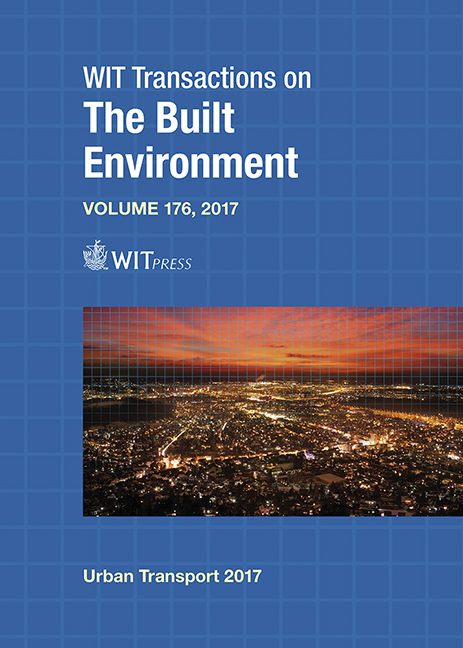SUSTAINABLE AND DURABLE MATERIAL FOR PAVEMENT CONSTRUCTION
Price
Free (open access)
Transaction
Volume
176
Pages
9
Page Range
255 - 263
Published
2017
Size
472 kb
Paper DOI
10.2495/UT170221
Copyright
WIT Press
Author(s)
ROMEL NANO GEORGEES, RAYYA A. HASSAN, PIRATHEEPAN JEGATHEESAN, ROBERT P. EVANS
Abstract
Urban and rural mobility (including freight) in Australia is heavily dependent on road use. Road pavements in both environments are mostly flexible and comprise a thin asphaltic seal over granular bases and sub-bases on natural ground or select fill layers. To achieve sustainability in road construction and minimize the use of virgin aggregates, there is a need to enhance the properties of existing or low quality materials to meet the desired performance criteria. Polymer-based additives have shown to improve strength and durability characteristics of granular and subgrade pavement materials. Furthermore, these polymer additives have a lower carbon footprint than common traditional cement-based stabilizers. In this study, a synthetic polyacrylamide-based additive (PAM) was used to stabilize three types of soil used in pavement construction. Unconfined compressive strength, erosion and abrasion tests were conducted to evaluate the performance of soils treated with PAM. The results did vary depending on soil type, but showed a significant overall increase in strength for all soil types. The results also showed improvements in erosion and abrasion resistance for all soils tested. This means that there is potential for using PAM-stabilized material to reduce pavement thickness in urban areas and for sealing unsealed forest roads.
Keywords
pavement materials, subbase, select fill, unconfined compressive strength, abrasion resistance, erosion resistance





